American English translation services
Our translation agency can support you in the United States
At Studio Moretto Group, we provide expert American English translation services, leveraging a team of native US English speakers.
For translations destined for the US market, we offer the option to have them completed by native US English speakers based in the United States, ensuring true linguistic authenticity. This approach, involving “inland American native speakers,” guarantees translations that are fluent and culturally accurate for the American audience.
Utilising US-based translators enhances the overall quality of your translation, reflecting the unique evolution of American English in comparison to British English. From spelling to vocabulary and style, American English has developed its own identity, shaped by the diverse cultural fabric of the nation.
Given the dynamic nature of American English, with its constantly evolving slang and regional expressions, we’ve developed specialised services to cater to specific dialects and contexts, particularly useful for advertising and film content:
- Translations into the English used in the Southern United States
- Translations into New York City English, conveying the spirit of the “Big Apple”
- Translations into California English and “Silicon Valley English”
The origins of the language
English, a member of the Germanic language family, emerged in Great Britain through the blending of the languages spoken by various groups who settled there, including the Celts, Angles, Saxons and Jutes.
Modern English: A Global Language
Today, English is a global language, spoken both as a mother tongue and as a key language for international business. The spread of English around the world was significantly influenced by British colonialism, which introduced the language to every continent. In many countries, English became the official or second language, solidifying its global presence.
English and its variants
Given its presence in numerous countries, each with its own culture and history, English has naturally evolved into distinct variants. These differences have led to structural, phonetic, and lexical variations across regions. For instance, the English spoken in South Africa is distinct from that in the UK, and both differ from American English.
Let’s look at some of the key differences between British and American English:
- Phonetics: In the US, the “r” sound is pronounced (known as rhotic), while in British English, it’s often omitted.
- Spelling: Many words have different spellings, such as “colour” in British English and “color” in American English, or “recognise” vs. “recognize.”
- Vocabulary: Certain words are entirely different. For example, “apartment” in American English is “flat” in British English, and “vacation” becomes “holiday.”
- Grammar: Differences also exist in verb formation and the use of various past tenses.
Translations into English
At SMG UK Translations Limited (SMG UK), translating into English is one of our core strengths. Our company began its journey in the translation and interpreting sectors, focusing initially on English and German. With the expansion of our business, including the opening of our UK branch in London and a commercial hub in New York, we’ve refined our expertise in delivering high-quality translations.
Today, we offer professional translation services in both British and American English, ensuring technical and cultural accuracy for any project. This global network of linguistic partners allows us to provide efficient, tailored solutions to meet diverse client needs.

